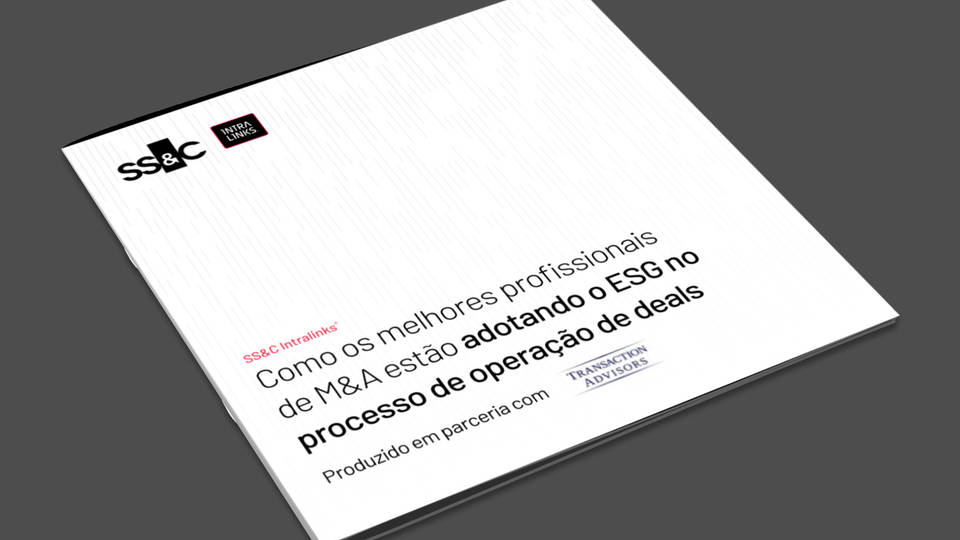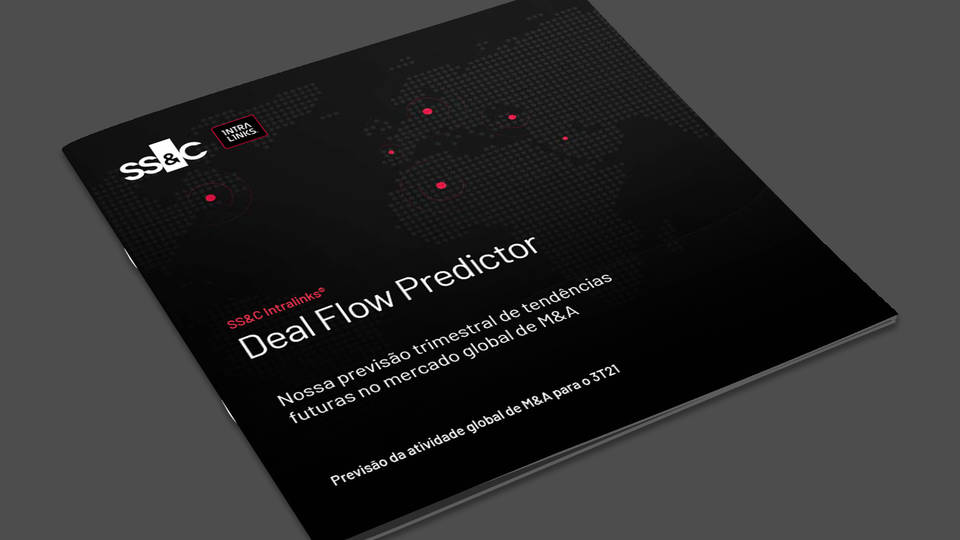Enìa — em Inglês
13 marcha 2015A gigante italiana de serviços públicos Enìa procurava investidores que pudessem ajudá-la a conquistar o próximo passo do seu desenvolvimento.
The Situation
With a target market of Italian and foreign institutional investors for its IPO, Enìa needed to maximize its reach of the offer by increasing the level of participation, without adding to the timeline of the deal.
The Problem
Photocopying and organizing documents for a physical dataroom, along with scheduling investors to view the information, would take weeks, or possibly months.
The Implications
In addition to the administrative expense, a paper-based dataroom would have required someone to be onsite at all times to ensure that no documents went missing. With multiple parties having access to sensitive data during the due diligence process, there was potential for calamity if data fell into the wrong hands. The speed and security of a virtual dataroom was a major attraction.
The Solution
Enìa chose Intralinks ExchangesTM for its IPO. The company uploaded 2,000 documents to the exchange and kept the due diligence process moving forward in a timely manner. Advisers and partners could find documents without needing to travel to a physical dataroom, allowing them to work in a focused manner and a convenient location. Answers to any questions could be supplied immediately. With all the data available on-demand in a single repository, the company could also track the workflow throughout the process.
The Result
With the help of Intralinks, Enìa launched its IPO in July 2007, just slightly more than three months after making the decision to go public. The speed and smoothness of the deal demonstrates IntraLinks’ ability to provide a robust framework for the IPO process. With anywhere, any time access, Enìa was able to market the deal to potential investors around the world, attracting a strong choice of suitors. In addition, IntraLinks enabled costs to be more controlled.
The Benefit
Intralinks provided the absolute security Enìa required for its documentation. Access to particular materials, blocking access where necessary, or making it selectively available, could be regulated. In addition, the system allowed Enìa to easily adapt to changing situations throughout the deal.

